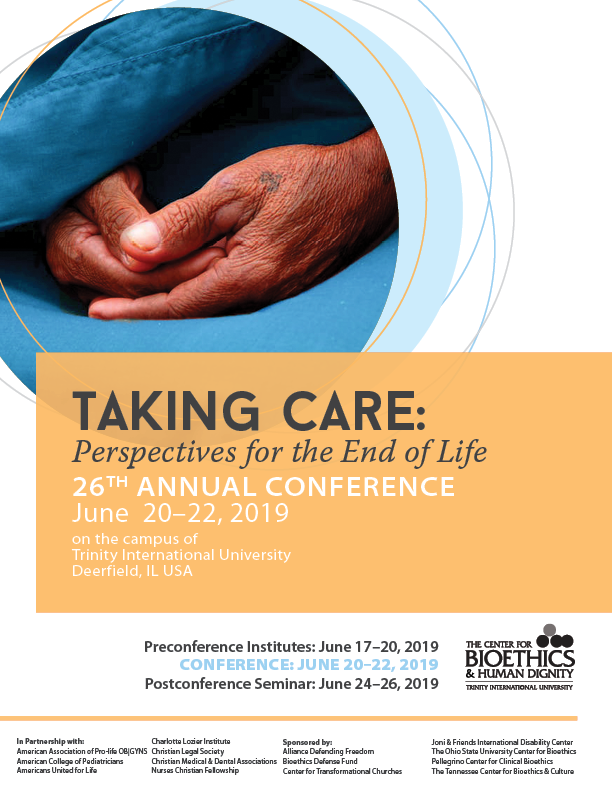
Irreversible coma was defined as a new criterion for death (brain death) over half a century ago, becoming widely accepted to allow for organ harvesting from individuals who met this new criteria and, so, who were deemed cadavers (dead donor rule). Indeed, an even “earlier” death criteria was subsequently established, donation after cardiac death (DCD), when patients did not meet the neurologic criteria for brain death but could then be pronounced dead based on cardiac criteria to allow for organ harvesting immediately following that pronouncement. For the past few decades, some authors, principally, Robert Truog, have been making the case that brain death and cardiac death are not, in fact, death but are examples of legal fiction, and, furthermore, have been arguing that the dead donor rule should be rescinded because it impairs the quantity and quality of organs available for transplantation. The purpose of this paper is to analyze this line of reasoning regarding brain death and cardiac death, as well as the ethical implications for solid organ harvesting if the dead donor rule is revoked.